Home>Garden Essentials>How Long For Bermuda To Germinate
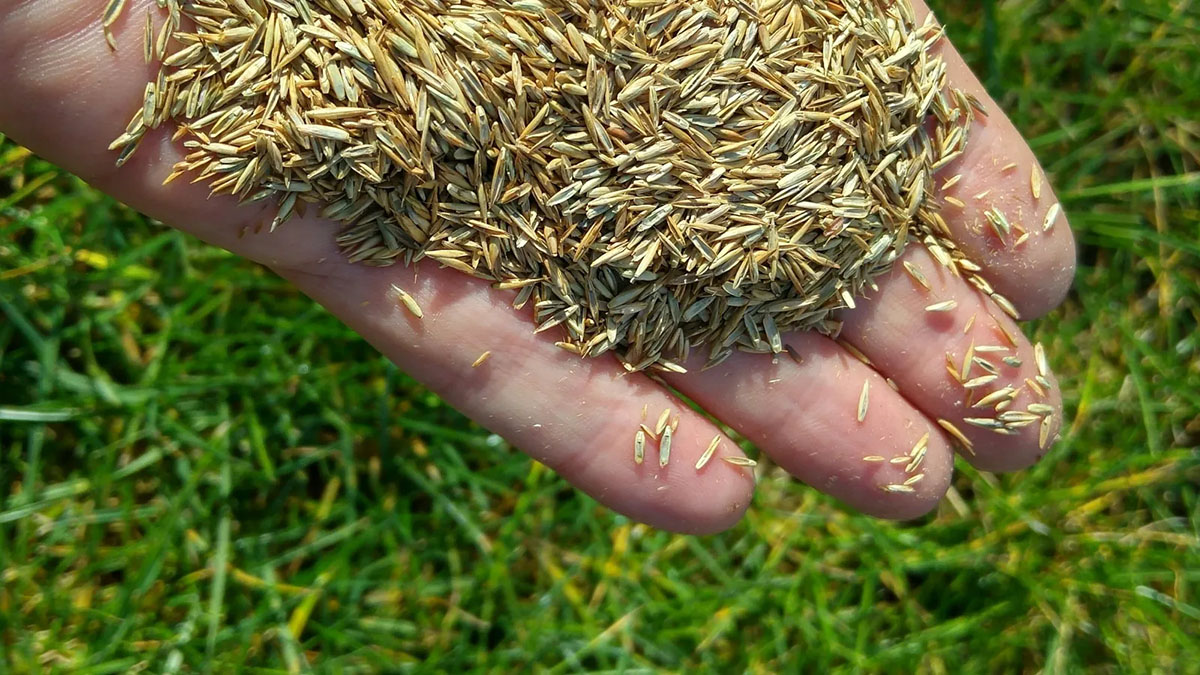

Garden Essentials
How Long For Bermuda To Germinate
Modified: April 1, 2024
"Discover how long it takes for Bermuda grass to germinate in your garden. Expert tips for a successful germination process."
(Many of the links in this article redirect to a specific reviewed product. Your purchase of these products through affiliate links helps to generate commission for Storables.com, at no extra cost. Learn more)
Introduction
When it comes to establishing a beautiful and luscious lawn, one of the most popular choices is Bermuda grass. Known for its ability to withstand hot weather, drought, and heavy foot traffic, Bermuda grass is highly sought after by homeowners and landscapers alike. However, many people who decide to grow Bermuda grass from seeds often wonder how long it takes for the seeds to germinate.
The germination process is crucial for the successful establishment of any turf grass, including Bermuda grass. It is during this process that the seed sprouts and develops into a healthy seedling, ready to grow into a mature plant. Understanding the factors that affect the germination time of Bermuda grass seeds and the optimal conditions required can help you achieve faster and more successful results.
In this article, we will explore the factors that affect the germination time of Bermuda grass, the ideal conditions for germination, the typical germination period, and some tips to speed up the process. By the end, you will have a clear understanding of the germination process and be armed with valuable knowledge to grow a beautiful Bermuda grass lawn.
So, let’s dive in and unravel the mysteries of Bermuda grass germination!
Key Takeaways:
- Bermuda grass seeds typically take 7 to 21 days to germinate. Factors like temperature, moisture, and soil quality affect the process. Patience and proper care are essential for successful growth.
- To speed up germination, consider pre-soaking seeds, managing soil temperature, and protecting the area from pests. Avoid common mistakes like improper watering and planting at the wrong time.
Read more: How Long For Bermuda Seed To Germinate
Factors Affecting Germination Time in Bermuda Grass
The germination time of Bermuda grass seeds can be influenced by several factors. Understanding these factors is essential for effectively managing and controlling the germination process. Here are the key factors that can affect the germination time of Bermuda grass:
1. Temperature: Temperature plays a significant role in seed germination. Bermuda grass seeds typically germinate best in temperatures between 75°F and 85°F (24°C to 29°C). Cooler temperatures may slow down the germination process, while excessively high temperatures can inhibit germination. It’s important to ensure that the soil temperature remains within the optimal range to encourage faster germination.
2. Soil Moisture: Moisture is crucial for seed germination. Bermuda grass seeds need consistent moisture to break dormancy and sprout. However, excessive moisture can lead to rotting or fungal diseases. It is important to strike a balance by keeping the soil moist but not waterlogged.
3. Light Exposure: Bermuda grass seeds benefit from exposure to natural sunlight during the germination process. While they can germinate in partially shaded areas, providing adequate light will enhance their growth and speed up the germination time. If sowing the seeds indoors, ensure they receive sufficient artificial light.
4. Soil Quality: The quality of the soil can impact the germination time of Bermuda grass seeds. The soil should be well-drained, loose, and rich in organic matter. Compacted or poor-quality soils can hinder the germination process. Before sowing the seeds, prepare the soil by removing any debris, loosening it with a garden fork, and incorporating organic matter if necessary.
5. Seed Quality: The quality and viability of Bermuda grass seeds are crucial for successful germination. Using fresh, high-quality seeds from a reputable source will increase the chances of faster and more uniform germination. It is advisable to check the expiration date on the seed packet and look for signs of damage or deterioration.
6. Seed Depth and Coverage: Proper placement of the seeds and ensuring they are adequately covered with soil is essential for germination. Bermuda grass seeds should be sown at a depth of 1/4 to 1/2 inch (0.6 to 1.3 cm) and lightly covered with soil. Planting too deep or shallow can affect seed-to-soil contact, which is necessary for germination.
Taking these factors into consideration and optimizing the conditions will greatly influence the germination time of Bermuda grass seeds. By managing these factors effectively, you can ensure faster and more successful germination, leading to the establishment of a healthy and vibrant Bermuda grass lawn.
Optimal Conditions for Germination
Creating the optimal conditions for germination is crucial for successful Bermuda grass seed establishment. By providing the right environment, you can significantly enhance the germination process and ensure healthy seedling growth. Here are the key factors to consider when aiming for optimal germination conditions:
1. Temperature: As mentioned earlier, temperature plays a vital role in germination. The optimal soil temperature for Bermuda grass seed germination is between 75°F and 85°F (24°C to 29°C). To achieve this temperature range, it is recommended to sow the seeds during the warmer months when the soil has had a chance to warm up.
2. Moisture: Consistent moisture is paramount for Bermuda grass seed germination. Before sowing the seeds, thoroughly moisten the soil. After planting, lightly water the area, ensuring the soil remains evenly moist but not waterlogged. Regular watering may be required, especially during hotter and drier periods, to keep the seeds hydrated.
3. Light: Bermuda grass seedlings require exposure to light for healthy growth. Ensure that the seeds receive ample natural sunlight or provide artificial light if sowing indoors. Avoid planting the seeds in heavily shaded areas as it may delay germination and result in weak seedlings.
4. Soil Preparation: Prepare the soil properly to create an ideal environment for germination. Remove any debris, rocks, or weeds from the area before sowing the seeds. Loosen the soil with a garden fork, breaking up any compacted areas. Incorporate organic matter, such as compost, into the soil to improve drainage and provide essential nutrients.
5. Protection from Pests: Protecting the seeds from pests, such as birds or rodents, is crucial during the germination process. Covering the seeded area with a thin layer of straw or using bird netting can help safeguard the seeds while allowing them to receive sufficient sunlight and moisture.
By optimizing these conditions, you can accelerate the germination process and ensure a higher success rate for establishing a healthy Bermuda grass lawn. It is important to monitor the conditions regularly and make necessary adjustments to ensure the best possible outcome.
Remember, patience is key when waiting for Bermuda grass seeds to germinate. Some variability in germination time is natural, and it may take anywhere from 7 to 21 days or even longer for the seeds to sprout. By providing the optimal conditions and following the best practices, you can promote faster and more uniform germination, leading to a lush and vibrant Bermuda grass lawn.
Germination Period for Bermuda Grass Seeds
The germination period for Bermuda grass seeds can vary depending on various factors, including environmental conditions and seed quality. On average, Bermuda grass seeds take about 7 to 21 days to germinate under optimal conditions. However, it’s important to note that germination can sometimes take longer, especially if the conditions are not ideal.
During the germination period, the Bermuda grass seeds will go through several stages. Initially, the seed will absorb moisture, causing it to expand and soften. As the outer shell softens, the root and shoot will begin to emerge from the seed. The root system will develop first, anchoring the seedling into the soil, while the shoot will start growing upwards towards the sunlight.
It’s worth mentioning that not all Bermuda grass seeds will germinate at the same time. Germination is a gradual process, and there may be variations in the speed at which individual seeds sprout. This is why it’s important to provide the optimal conditions consistently and regularly monitor the seeded area for any signs of growth.
If the germination period exceeds 21 days, it could indicate suboptimal conditions or low seed viability. In such cases, it may be necessary to reassess the environmental factors, such as temperature and moisture, and consider replacing any non-germinated seeds.
Furthermore, it’s important to keep in mind that germination is just the beginning of the Bermuda grass establishment process. After the seeds have sprouted, it will take several weeks for the seedlings to develop into mature plants. During this time, it’s essential to provide proper care, including regular watering, fertilization, and mowing, to ensure healthy and vigorous growth.
Overall, the germination period for Bermuda grass seeds typically ranges from 7 to 21 days, but it can vary depending on the conditions and seed quality. Patience and consistent maintenance are key during this period. By providing the optimal conditions and monitoring the progress, you can ensure successful germination and establish a thriving Bermuda grass lawn.
Keep the soil consistently moist but not waterlogged during the germination process. It usually takes 7-10 days for Bermuda grass seeds to germinate.
Tips for Speeding up the Germination Process
While the germination time for Bermuda grass seeds can vary, there are several tips and techniques you can implement to help speed up the process. By following these tips, you can promote faster and more uniform germination, leading to the establishment of a lush and vibrant Bermuda grass lawn. Here are some effective strategies to consider:
1. Pre-germination: Pre-soaking Bermuda grass seeds in warm water for 24 to 48 hours before planting can help soften the seed coat and jumpstart the germination process. This method, known as pre-germination or seed priming, can lead to faster and more reliable germination.
2. Scarification: Bermuda grass seeds have a tough outer shell that can inhibit water absorption and slow down germination. By gently scratching or nicking the seed coat with sandpaper or a small file, a process known as scarification, you can improve water penetration and encourage quicker germination.
3. Soil Temperature Management: Maintaining optimal soil temperature is crucial for prompt germination. Consider using a soil thermometer to monitor the temperature and ensure it remains within the ideal range of 75°F to 85°F (24°C to 29°C). If the soil is too cool, you can utilize techniques such as laying black plastic over the seeded area to trap heat and increase soil temperature.
4. Moisture Management: Consistent and adequate moisture is essential for successful germination. Ensure that the soil remains evenly moist, but not waterlogged. Consider using a lightweight mulch, such as straw or peat moss, to help retain moisture in the soil and prevent it from drying out. Regularly monitor the soil moisture levels and adjust watering accordingly.
5. Proper Seeding Depth: Planting Bermuda grass seeds at the appropriate depth is crucial for successful germination. Sow the seeds at a depth of 1/4 to 1/2 inch (0.6 to 1.3 cm) and lightly cover them with soil or a thin layer of compost. Planting too deep or shallow can affect seed-to-soil contact and delay germination.
6. Fertilizer Application: Applying a balanced starter fertilizer specifically formulated for establishing turf can provide essential nutrients to support seed germination and early seedling growth. Follow the manufacturer’s instructions for proper application rates and timing. Avoid using excessive amounts of fertilizer, as it can harm the emerging seedlings.
7. Protective Measures: Protecting the seeded area from birds, foot traffic, or other disturbances is essential during the germination process. Consider using bird netting, temporary fencing, or other physical barriers to prevent damage to the seeds and seedlings.
By implementing these tips, you can maximize the germination rate and speed up the establishment of Bermuda grass. However, it’s important to remember that even with these strategies, some variability in germination time is natural. Patience and consistent care are key to ensuring a successful outcome.
Common Mistakes that Delay Germination
While striving for successful germination of Bermuda grass seeds, it’s crucial to be aware of common mistakes that can inadvertently delay the process. Identifying and avoiding these pitfalls can save both time and frustration. Here are some common mistakes to be mindful of:
1. Insufficient Watering: Inadequate watering can significantly impede seed germination. It’s essential to keep the soil consistently moist during the germination period. Failure to water adequately or irregular watering can cause the seeds to dry out, preventing germination from occurring. Ensure that the soil remains consistently moist, but not waterlogged, throughout the germination process.
2. Overwatering: On the flip side, overwatering can be equally detrimental to seed germination. Excessive moisture can lead to rotting or fungal diseases, inhibiting the germination process. Avoid saturating the soil and allow it to dry slightly between watering sessions. Finding the right balance is crucial for optimal germination.
3. Planting at the Wrong Time: Timing is critical when it comes to planting Bermuda grass seeds. Planting too early or too late in the season can result in suboptimal germination conditions. It’s important to plant the seeds when the soil has had a chance to warm up, typically during the warmer months. Planting outside of the appropriate season can potentially delay or prevent germination.
4. Improper Soil Preparation: Neglecting to adequately prepare the soil before sowing the seeds can hamper germination. Bermuda grass seeds require well-drained, loose soil. Failing to remove debris, rocks, or weeds and not incorporating organic matter can lead to poor soil quality, hindering seed germination. Take the time to properly prepare the soil to create an ideal environment for the seeds to sprout.
5. Planting Seeds Too Deep or Shallow: Planting Bermuda grass seeds at the incorrect depth can result in delayed or uneven germination. Planting the seeds too deep can prevent them from receiving adequate sunlight and moisture for germination. Conversely, planting them too shallow can lead to drying out. Follow the recommended depth of 1/4 to 1/2 inch (0.6 to 1.3 cm) and ensure proper seed-to-soil contact.
6. Lack of Weed Control: Weeds can compete with Bermuda grass seeds for resources, light, and nutrients. Failure to control weeds before and during the germination process can lead to delayed germination or the seeds being smothered and unable to sprout. Remove existing weeds and apply a pre-emergent herbicide before seeding to minimize weed interference.
7. Not Protecting the Seeded Area: Neglecting to protect the seeded area can result in damage from birds, animals, or foot traffic, ultimately delaying or preventing germination. Birds are particularly notorious for feeding on freshly sown seeds. Cover the area with bird netting or use scare tactics to deter unwanted visitors. Additionally, mark the area and discourage foot traffic to prevent soil compaction.
By avoiding these common mistakes and following best practices for Bermuda grass seed germination, you can significantly increase the chances of successful and timely germination. Proper watering, soil preparation, and protective measures will help promote healthy seedling growth and establish a vibrant Bermuda grass lawn.
Conclusion
Growing Bermuda grass from seeds can be a rewarding experience, but it requires careful attention to the germination process. By considering the factors that affect germination time, optimizing the conditions, and avoiding common mistakes, you can greatly enhance the likelihood of successful germination and establishment of a lush Bermuda grass lawn.
Factors such as temperature, soil moisture, light exposure, soil quality, seed quality, and seed depth all play a role in the germination process. By understanding and managing these factors effectively, you can create an environment that is favorable for prompt and uniform germination.
Providing optimal conditions for germination is essential. This includes maintaining the right temperature range, ensuring consistent moisture without overwatering, providing adequate light exposure, preparing the soil properly, protecting the seeds from pests, and utilizing techniques such as pre-germination or scarification when necessary.
It’s important to have realistic expectations regarding the germination period. While Bermuda grass seeds typically germinate within 7 to 21 days, some variability is natural, and it may take longer under certain conditions. Patience and careful monitoring are key during this period.
By avoiding common mistakes such as insufficient watering, overwatering, improper soil preparation, incorrect seed depth, lack of weed control, and failure to protect the seeded area, you can prevent delays in germination and ensure a higher success rate.
Remember, the germination process is just the beginning of establishing a healthy Bermuda grass lawn. After germination, it’s important to continue providing proper care and maintenance, including regular watering, fertilization, and mowing, to promote healthy growth and a thriving lawn.
In conclusion, by understanding the factors that affect germination time, creating optimal conditions, and avoiding common mistakes, you can experience faster and more successful germination of Bermuda grass seeds. With perseverance and dedication, you will be rewarded with a lush, vibrant Bermuda grass lawn that enhances the beauty and enjoyment of your outdoor space.
Frequently Asked Questions about How Long For Bermuda To Germinate
Was this page helpful?
At Storables.com, we guarantee accurate and reliable information. Our content, validated by Expert Board Contributors, is crafted following stringent Editorial Policies. We're committed to providing you with well-researched, expert-backed insights for all your informational needs.
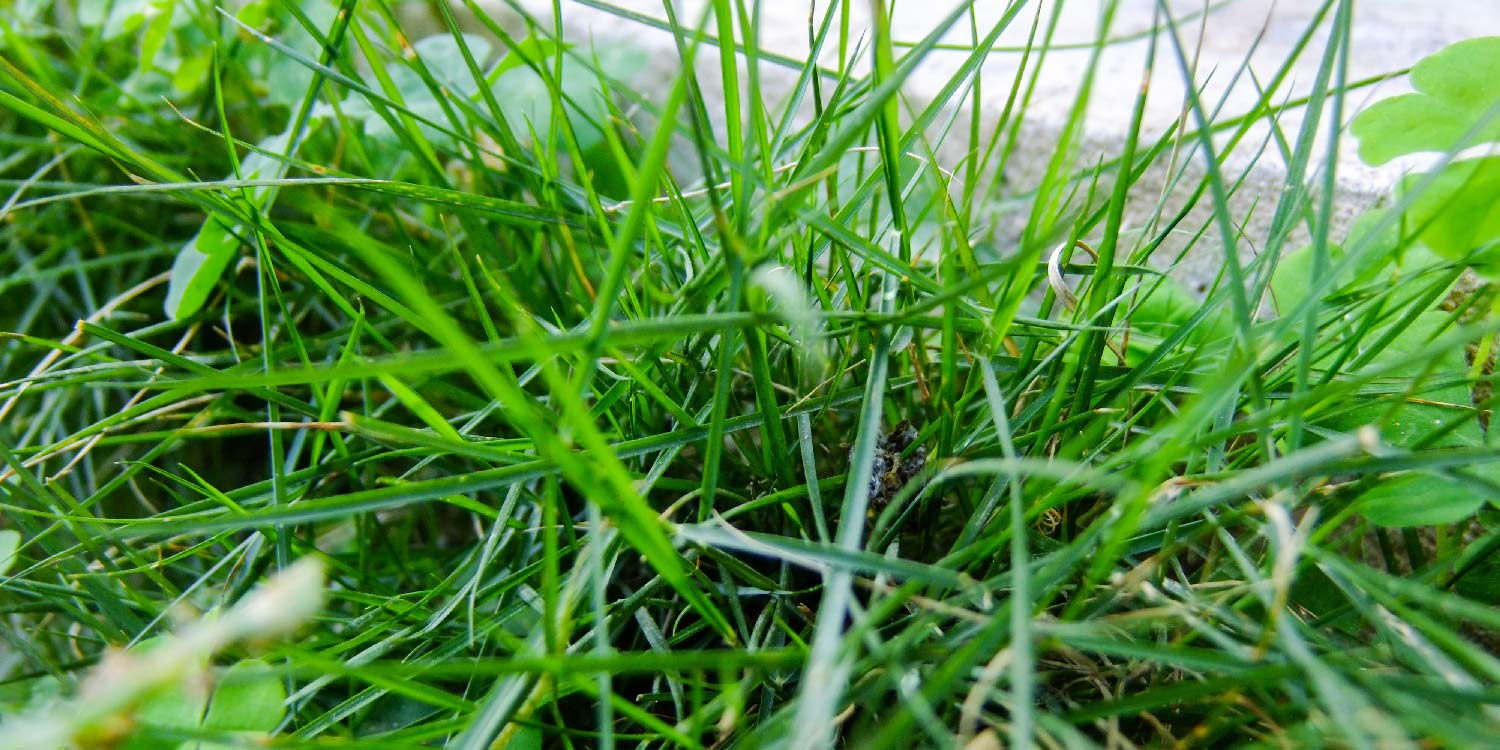
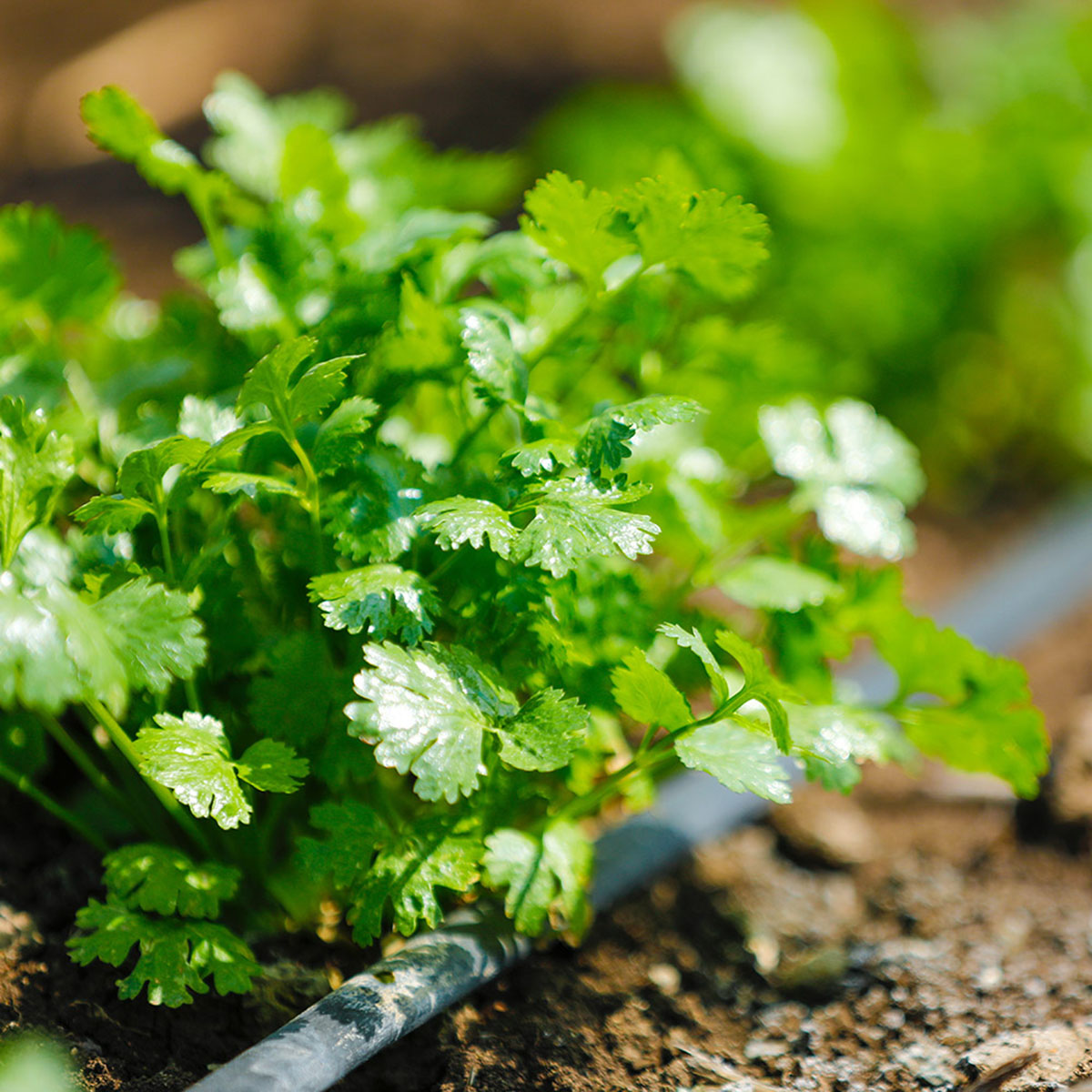

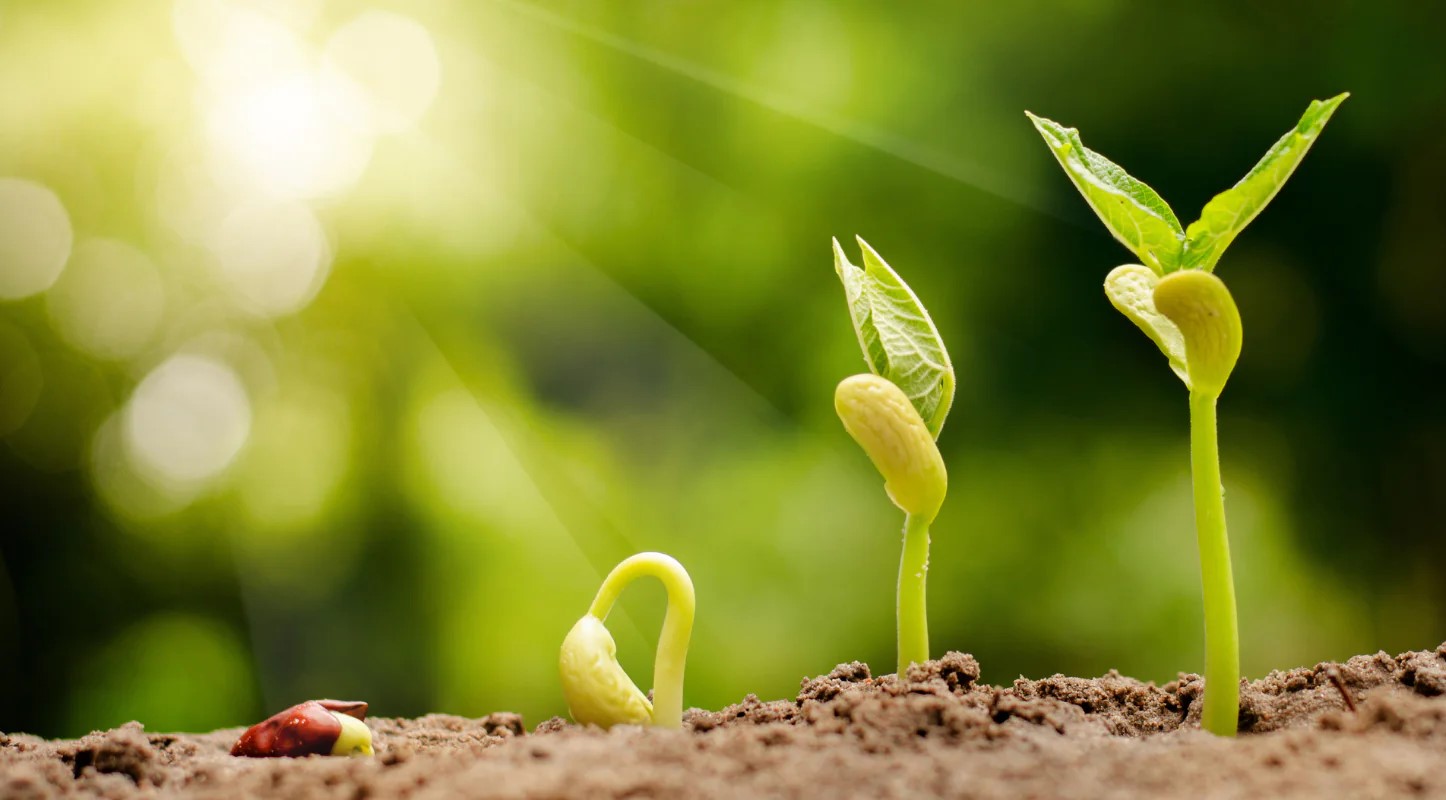
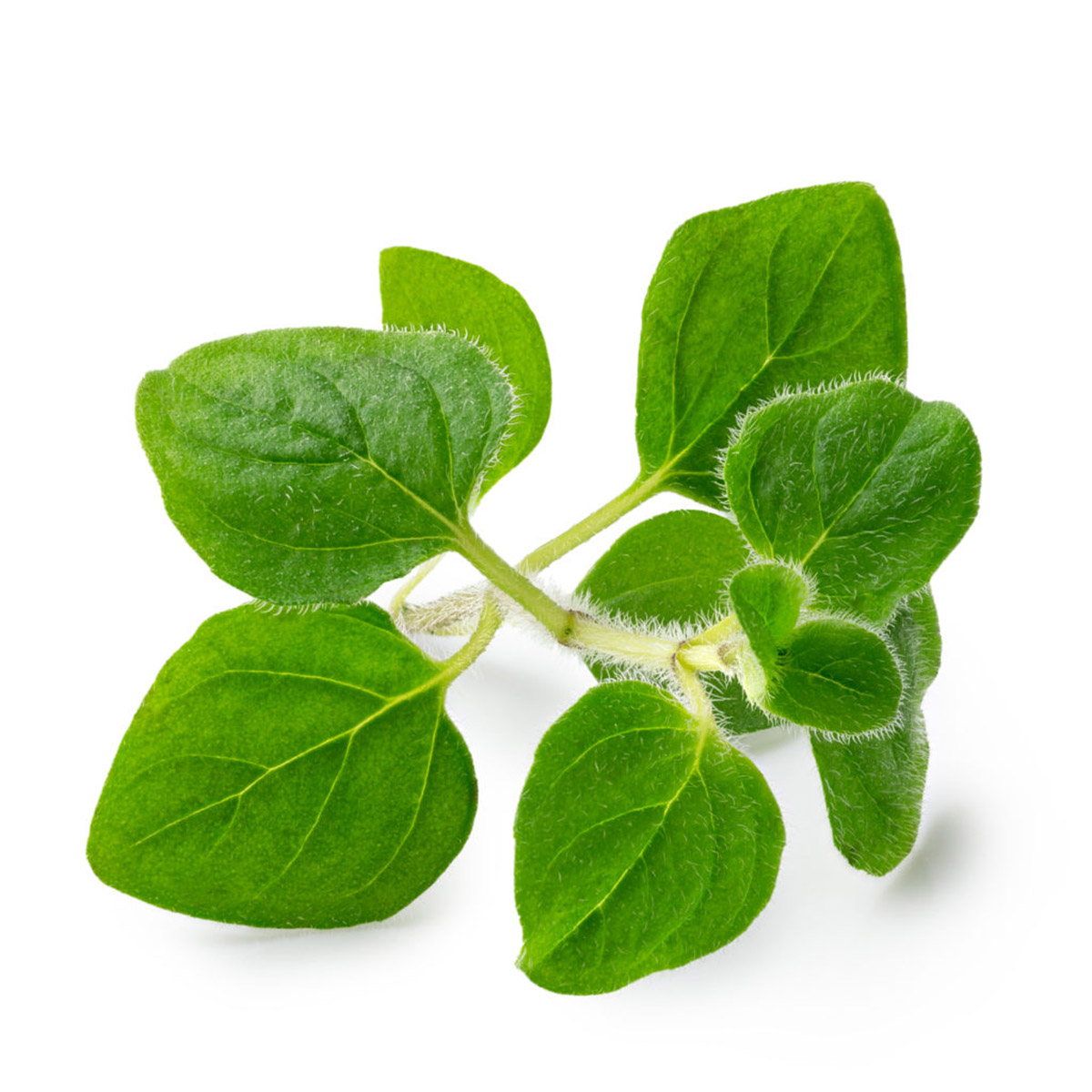
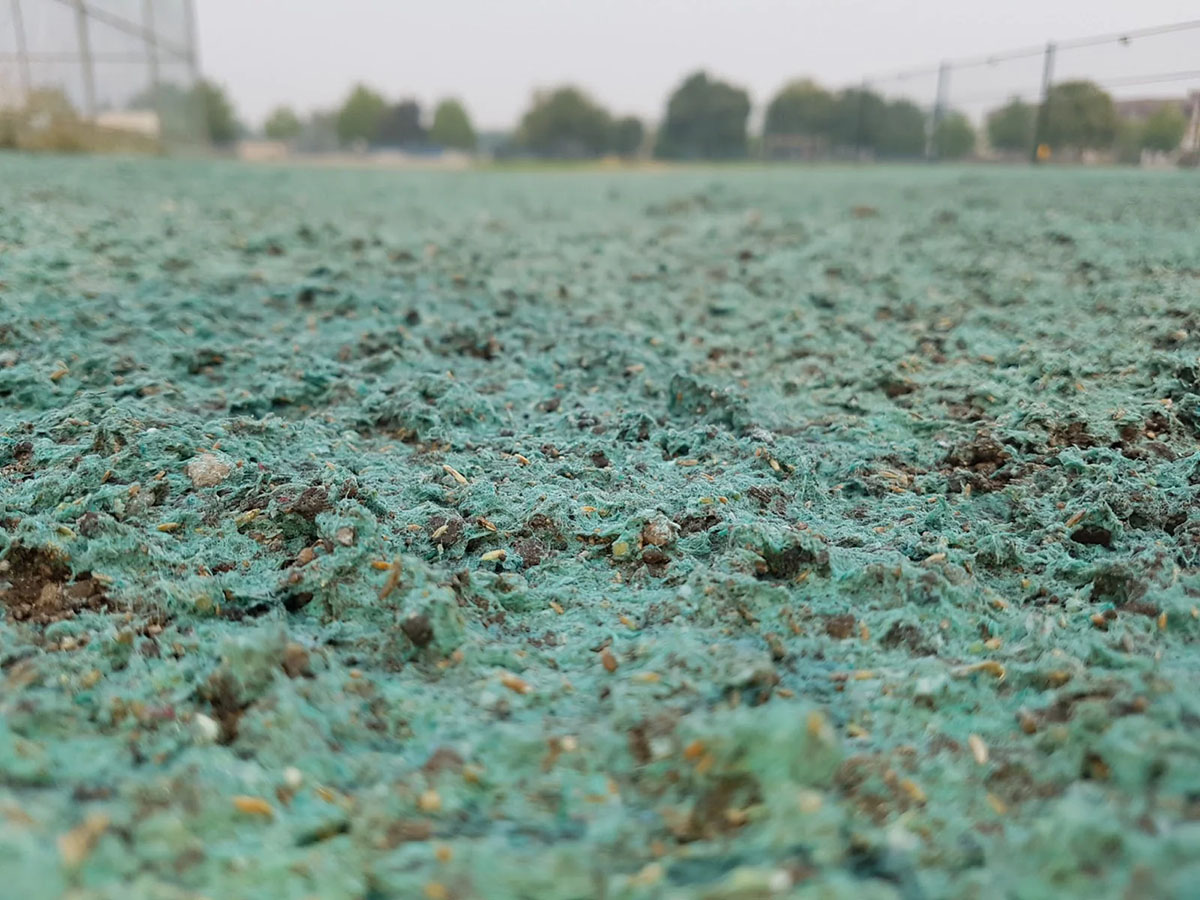
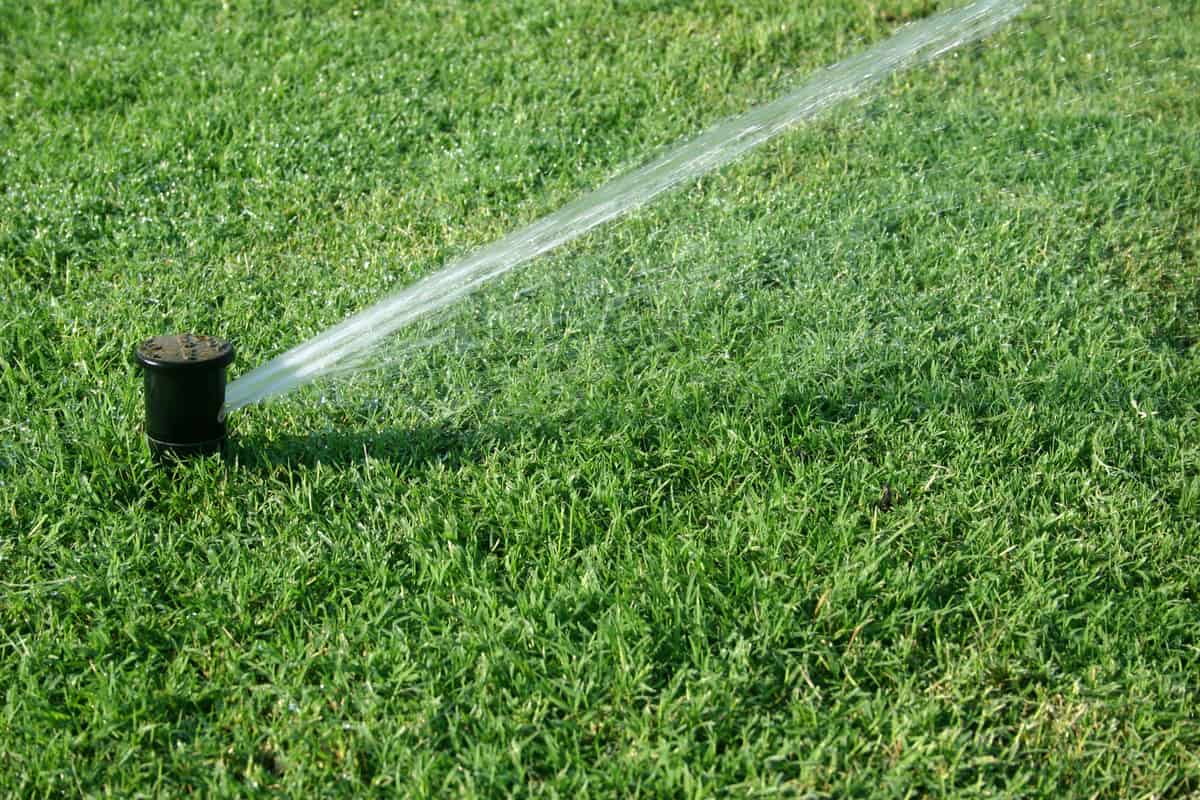
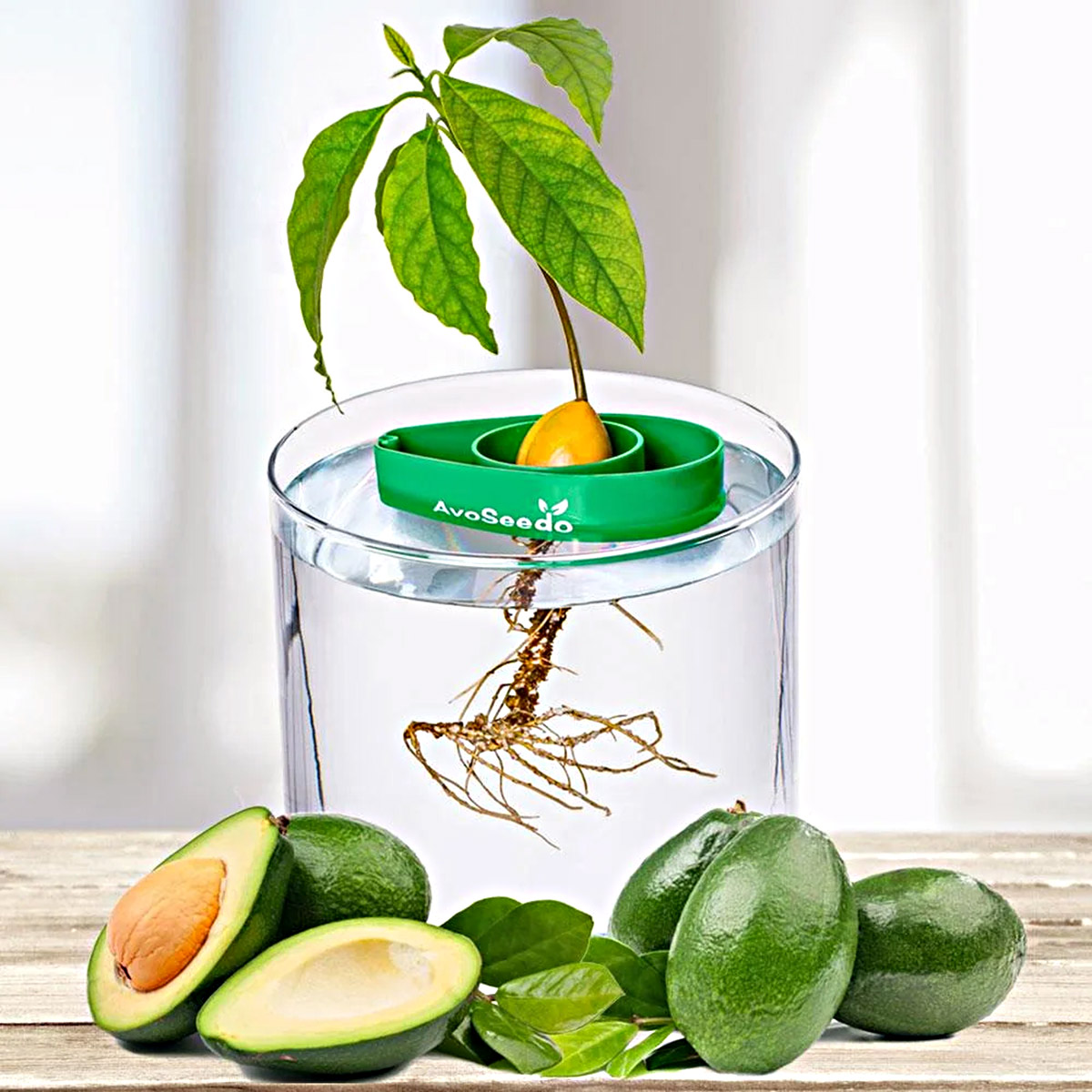
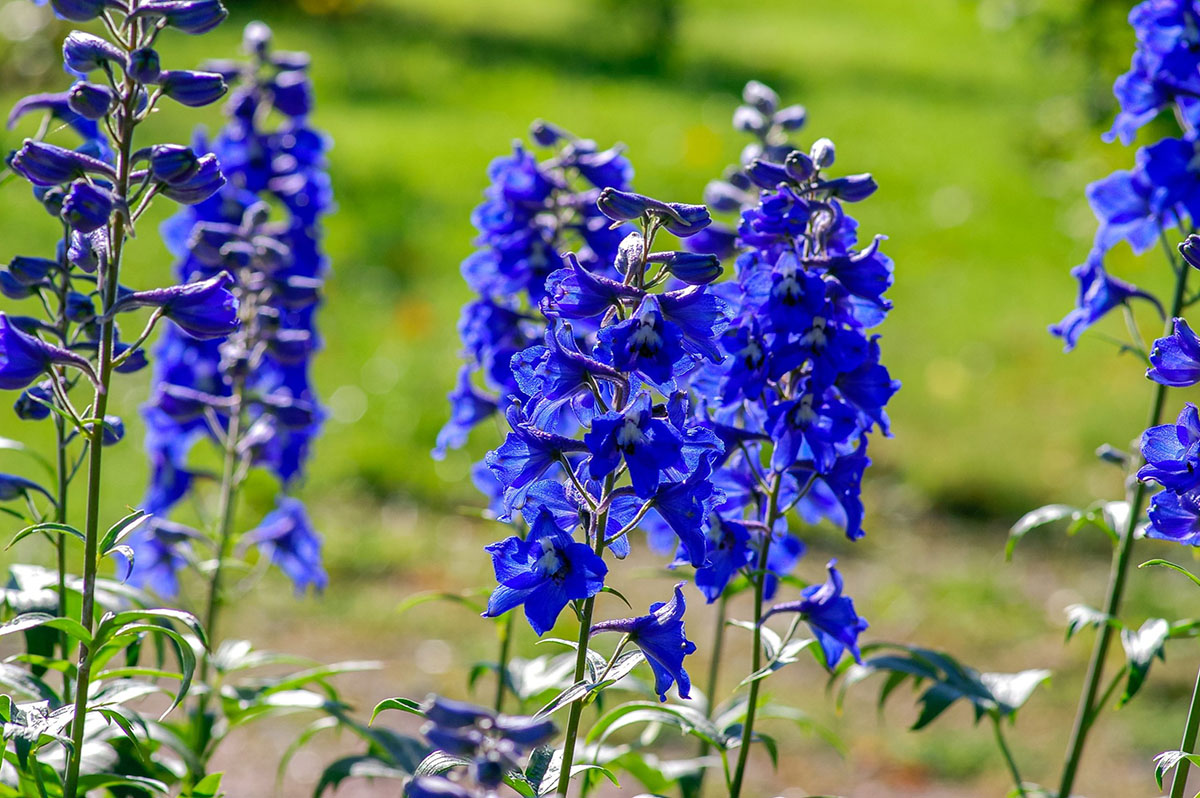

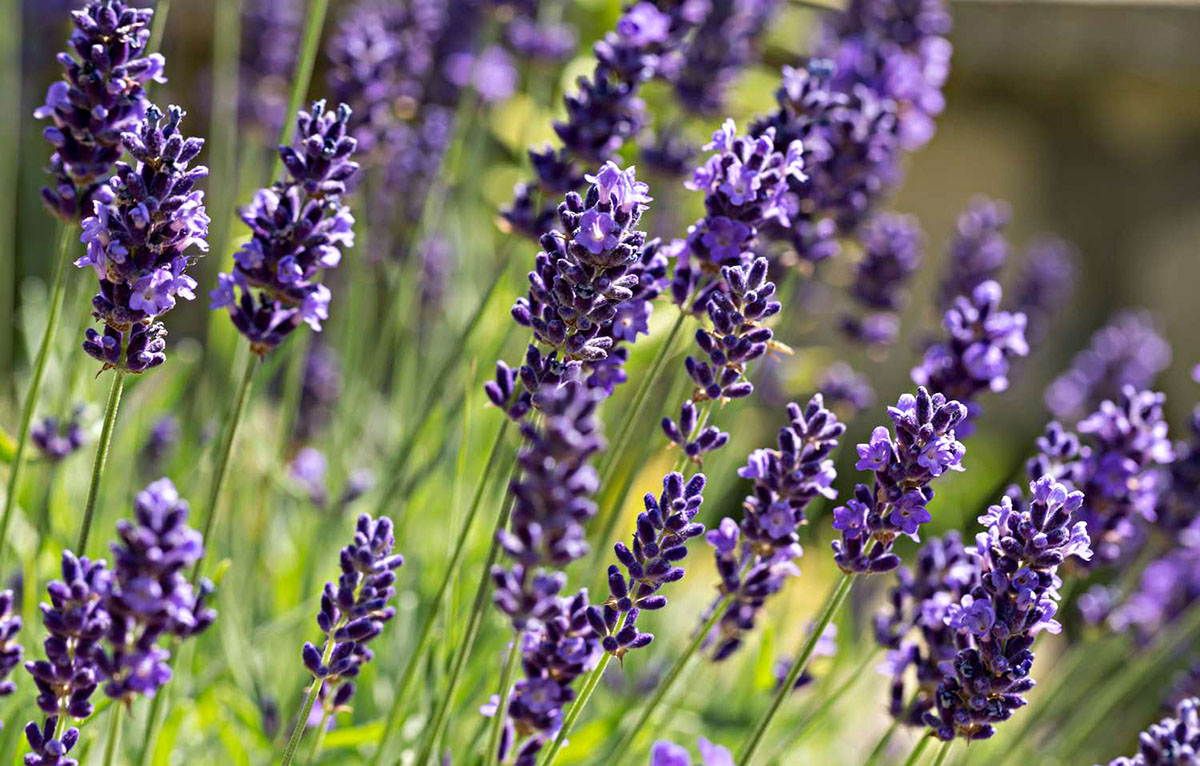
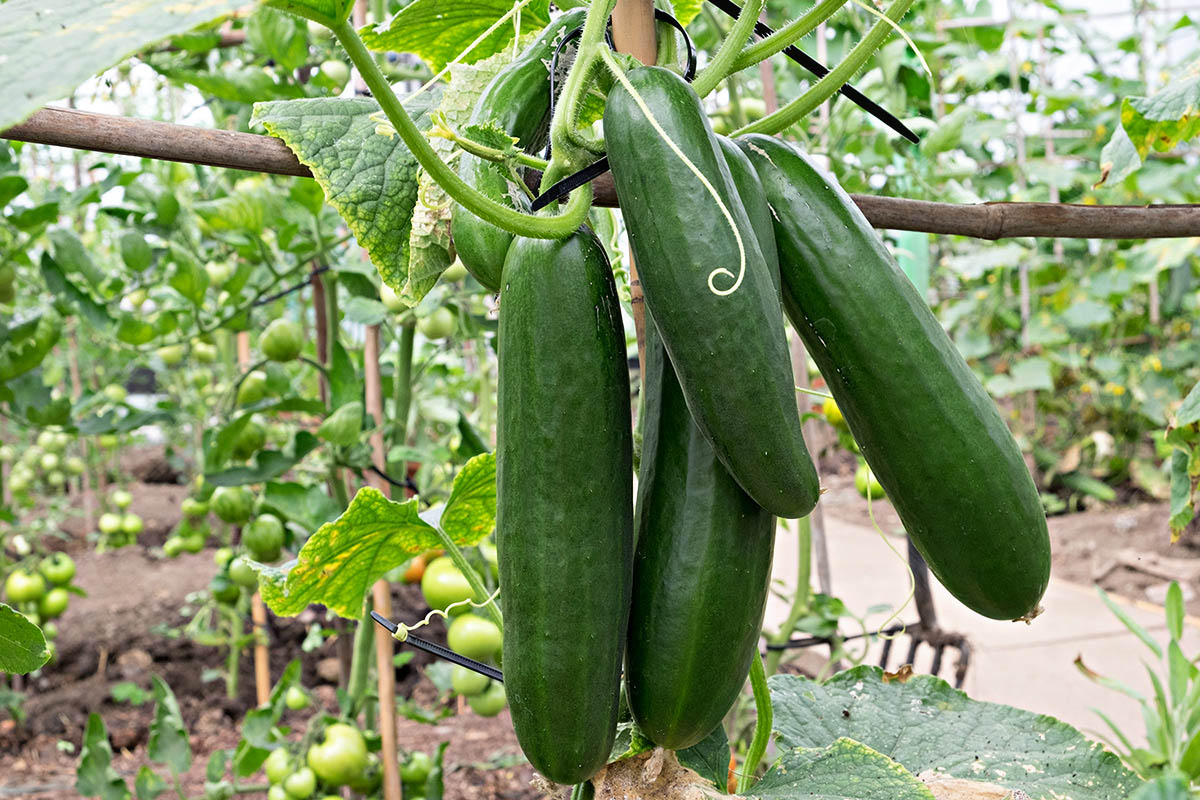
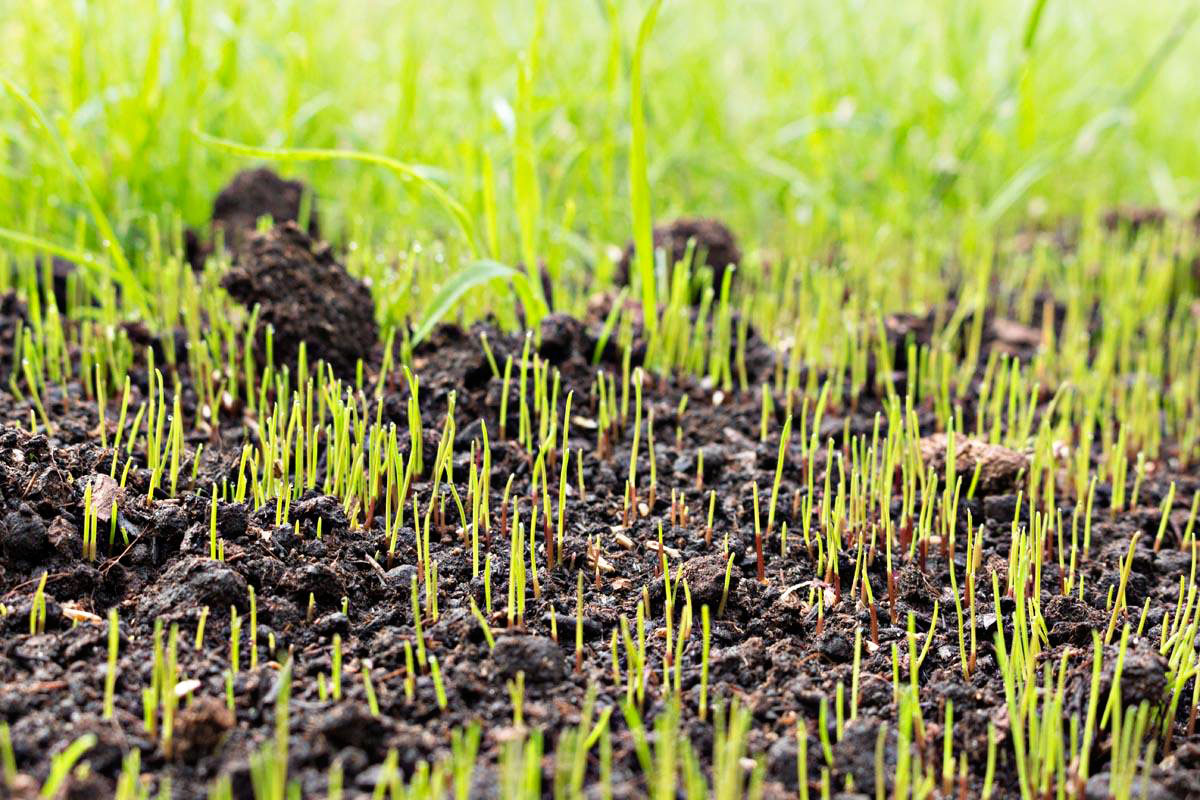
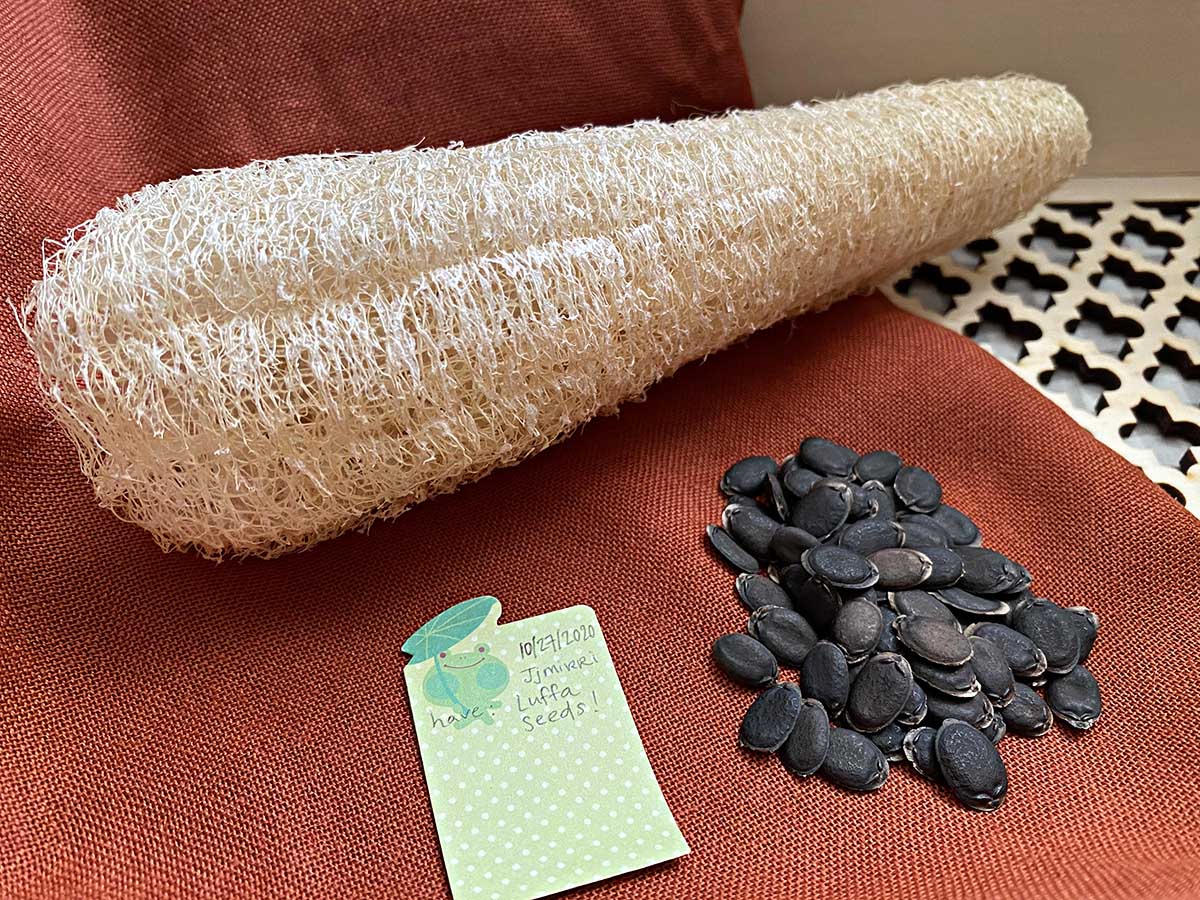

0 thoughts on “How Long For Bermuda To Germinate”